Posts
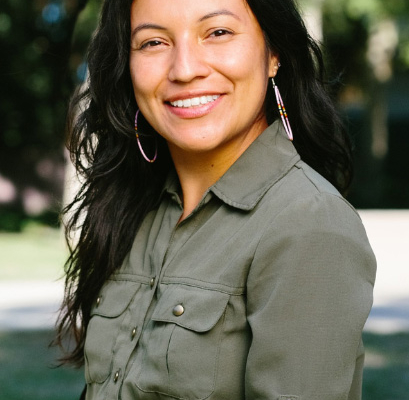
I Testified for Affirmative Action
I Testified for Affirmative Action, I’m Not Giving Up By…
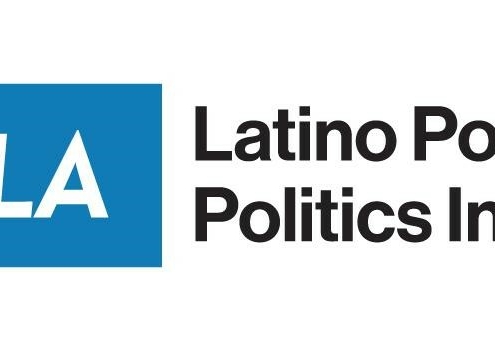
Dr. Rodrigo Dominguez-Villegas and Dr. Natalie Masuoka are Making the Power of AAPI, Latino Voters Clear
By Alise Brillault April 26, 2022 Some of the UCLA…
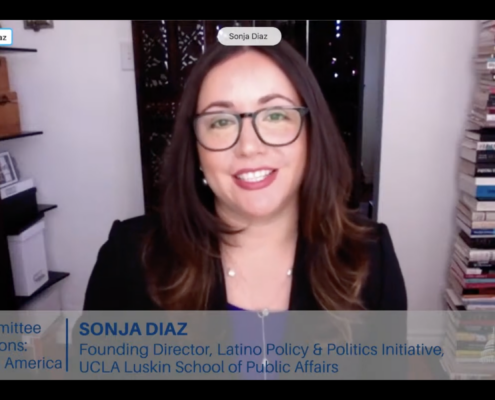
UCLA LPPI’s Voting Rights Project Helps Shape New Federal Voting Rights Legislation
Faculty and researchers from UCLA’s Latino Politics and Policy…

RSVP for the UCLA Data-Informed Governance (DIG) Conference on July 7
Presenting UCLA's first conference on Data-Informed Governance…
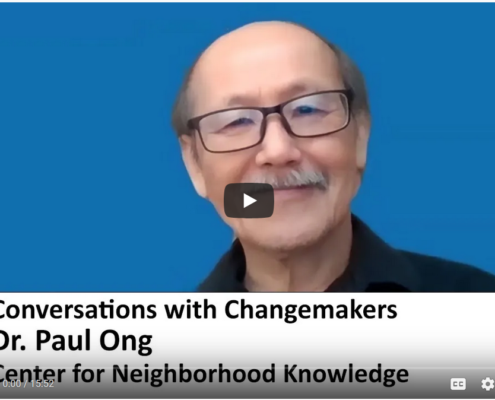
LA Social Science Presents “Conversations with Changemakers” Featuring Dr. Paul Ong Discussing AAPI Community Challenges
Dr. Paul Ong, Center for Neighborhood Knowledge Director…

UCLA Big Data and Politics Seminar Series: Legislative Communication and Power on Friday, April 30
UCLA Big Data and Politics Seminar Series
Legislative Communication…

UCLA Professor Eric Avila Discusses Infrastructure and Racial Equity with The New York Times and NPR
Dr. Eric Avila, UCLA Professor of History, Chicana/o and Central…
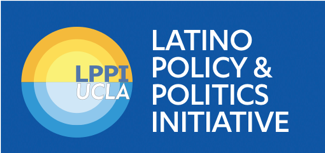
UCLA LPPI Brief Finds L.A. Black & Latino Neighborhoods Lack Resources During Safer-at-Home Order
On May 19, 2020, UCLA's Latino Policy and Politics Initiative,…
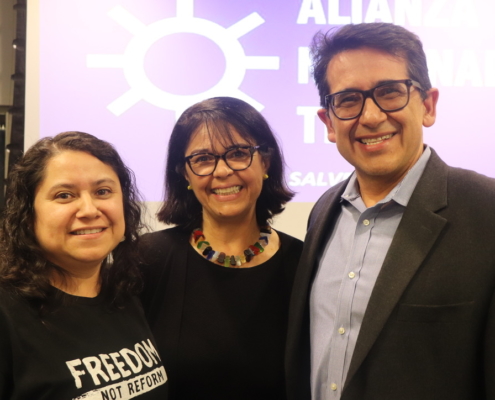
Transnational Struggle, Survival, and Resistance: Exploring the Intersectionalities of Central American Migrants
By Bryanna Ruiz and Amado Castillo, UCLA Latino Policy &…

Professional Development through Networking in the Bay Area
By Amado Castillo and Eduardo Solis With over 1,000 organizations…

